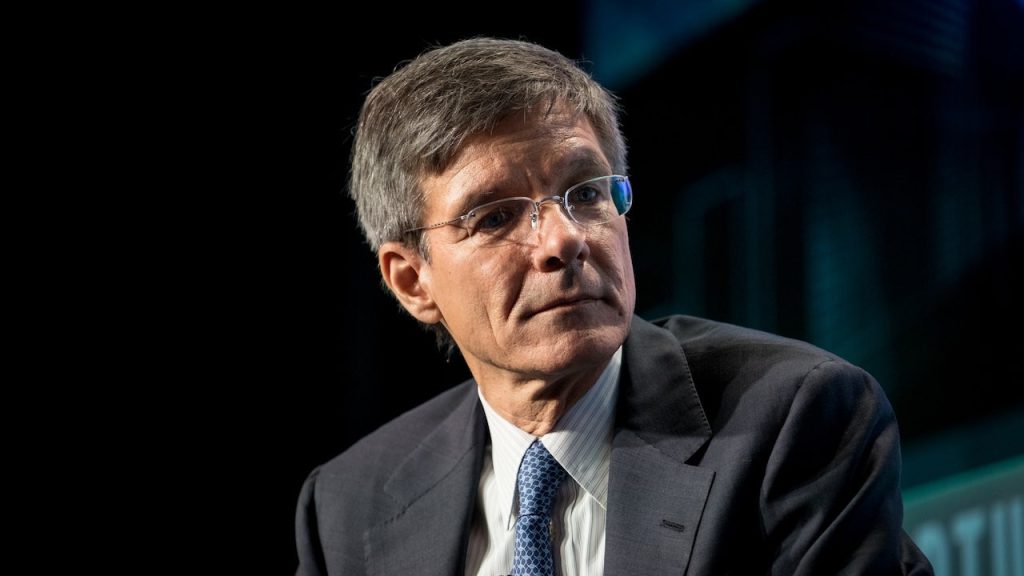The aftermath of a deadly terror attack in New Orleans, which tragically claimed over a dozen lives, was marked by intense controversy surrounding a statement made by Allstate CEO Tom Wilson. Wilson, whose company sponsors the Sugar Bowl, released a video message following the attack and the subsequent postponement of the game. His message, intended to offer condolences and promote unity, instead ignited a social media firestorm. Wilson suggested that Americans suffer from an “addiction to divisiveness” and called for greater acceptance of differences. This message, delivered in the immediate wake of a suspected act of terrorism, was perceived by many as tone-deaf and inappropriate, diverting attention from the victims and the gravity of the attack. The perceived disconnect between the tragedy and Wilson’s call for unity, particularly given the emerging details of the suspect’s alleged ties to ISIS, fueled widespread criticism.
The suspect, identified as Shamsud-Din Jabbar, was found to have an ISIS flag attached to his vehicle, prompting an FBI investigation into potential links to terrorist organizations. This discovery sharply contrasted with Wilson’s message of unity and acceptance, leading many to accuse him of minimizing the threat of terrorism and inappropriately politicizing the tragedy. Prominent figures and everyday social media users alike voiced their outrage, accusing Wilson of downplaying the role of extremism in the attack and instead focusing on a generalized notion of societal division. The timing of Wilson’s statement, coming so soon after the attack and before the full details had emerged, further exacerbated the negative reaction. Many saw his words as a premature attempt to leverage the tragedy for a message of corporate social responsibility, which was widely rejected.
The backlash against Wilson’s statement was swift and widespread. Conservative commentators and political activists were particularly vocal in their criticism, accusing Wilson of promoting a naive and dangerous worldview. They argued that his message of unity and acceptance was inappropriate in the context of a terror attack, suggesting it amounted to appeasement of extremism. Calls for boycotts of Allstate insurance quickly spread across social media, with many users announcing their intentions to switch providers. The controversy quickly escalated into a full-blown public relations crisis for Allstate, highlighting the risks of corporate messaging in the wake of sensitive and emotionally charged events.
Adding another layer to the controversy, Jabbar’s family offered a different perspective on his motivations. His younger brother, who was raised Christian alongside Jabbar, described his brother’s conversion to Islam as an adult and attributed the attack to “some type of radicalization, not religion.” This statement further complicated the narrative surrounding the attack, raising questions about the role of ideology and individual motivations in acts of terrorism. While the investigation into Jabbar’s potential ties to ISIS continued, his brother’s statement introduced a more nuanced understanding of the suspect’s background and the potential factors that may have contributed to his actions.
Counterterrorism experts weighed in on the potential implications of the attack, warning that it could embolden ISIS and other extremist groups. They pointed to the precarious state of ISIS in Syria and elsewhere, suggesting that the organization might seek to inspire attacks in the West as a means of regaining momentum and demonstrating its continued relevance. Days before the attack, a pro-ISIS outlet had indeed called for attacks on New Year’s Eve celebrations in Western countries, further heightening concerns about the potential for further violence. This call to arms underscores the ongoing threat posed by extremist ideologies and the need for vigilance in the face of potential terrorist threats.
The New Orleans attack, coming shortly after a suspected terror attack on a Christmas market in Germany, underscored the global nature of the terrorist threat. The incident and the subsequent controversy surrounding Wilson’s statement highlighted the complex challenges of responding to acts of terrorism, both in terms of security measures and public discourse. The backlash against Wilson demonstrated the importance of carefully crafting messages in the wake of such events, recognizing the sensitivities involved and avoiding statements that could be perceived as minimizing the suffering of victims or downplaying the threat posed by extremism. The incident serves as a stark reminder of the delicate balance between promoting unity and acknowledging the real and present danger of terrorism.

